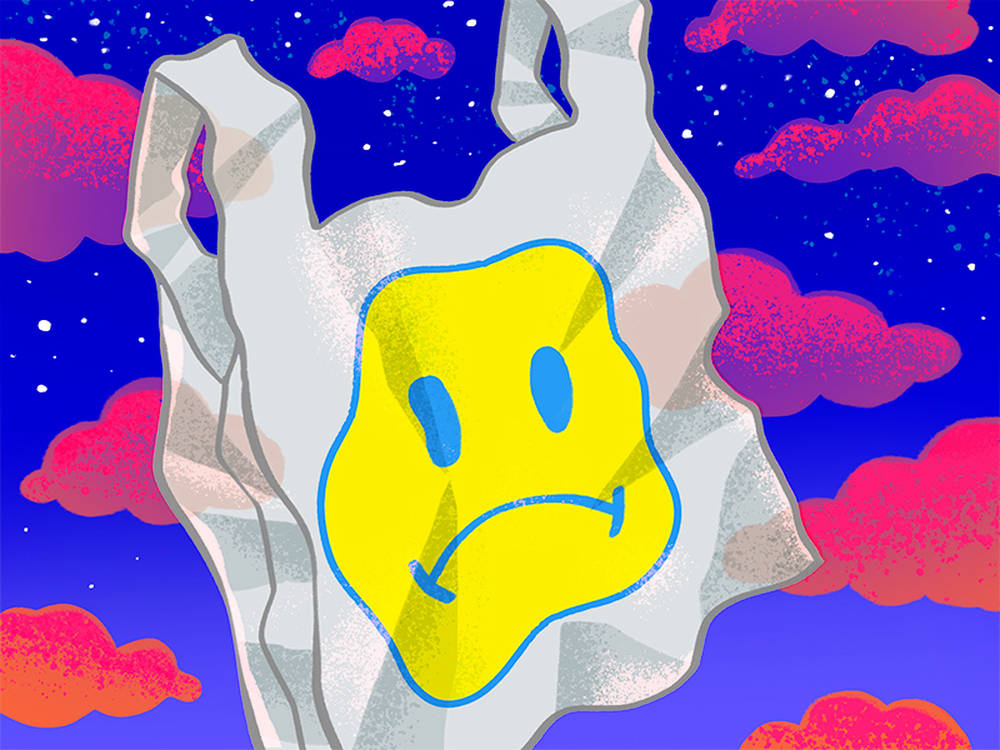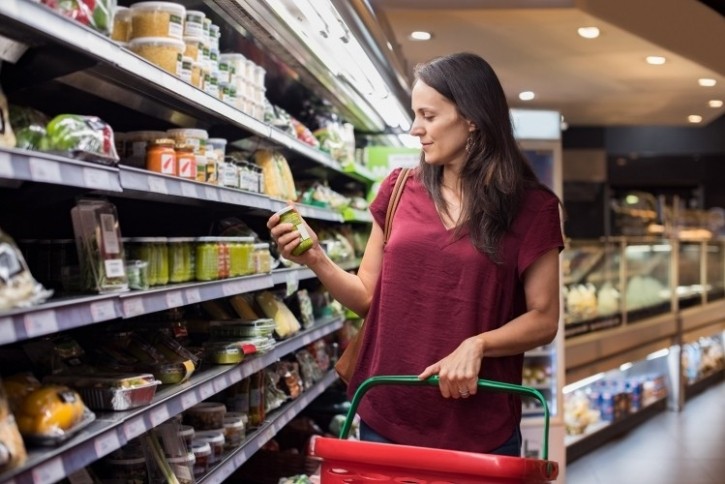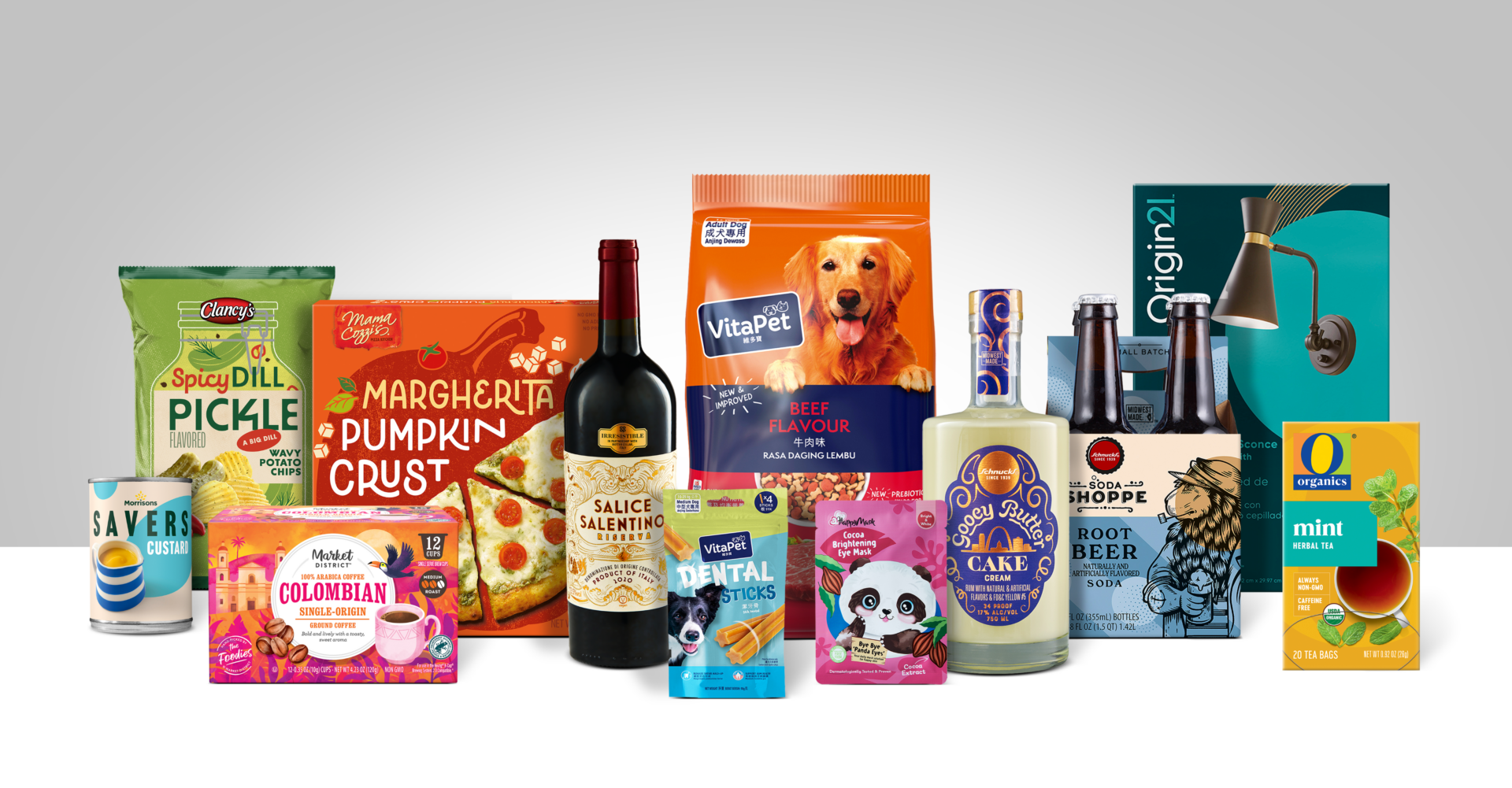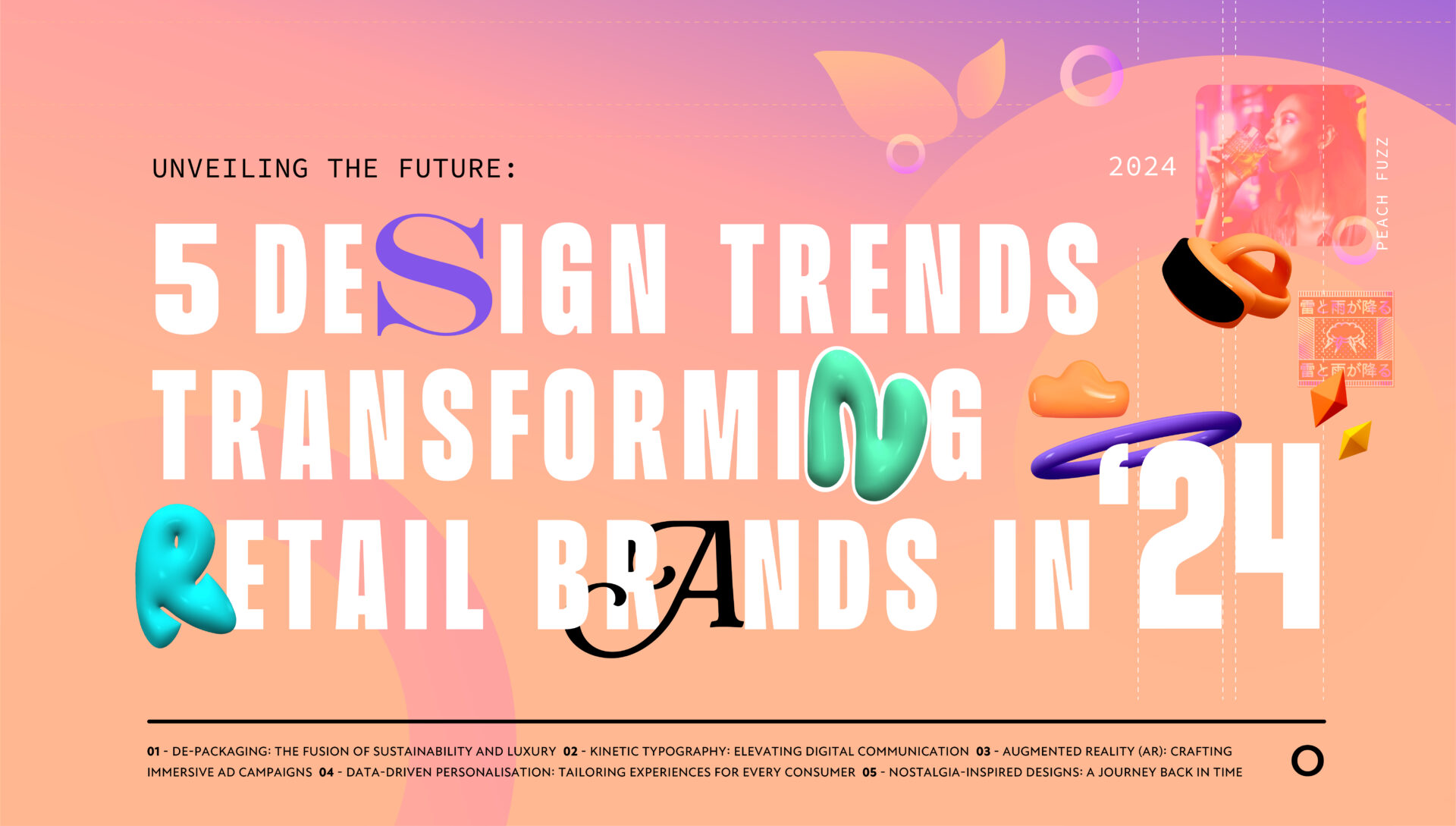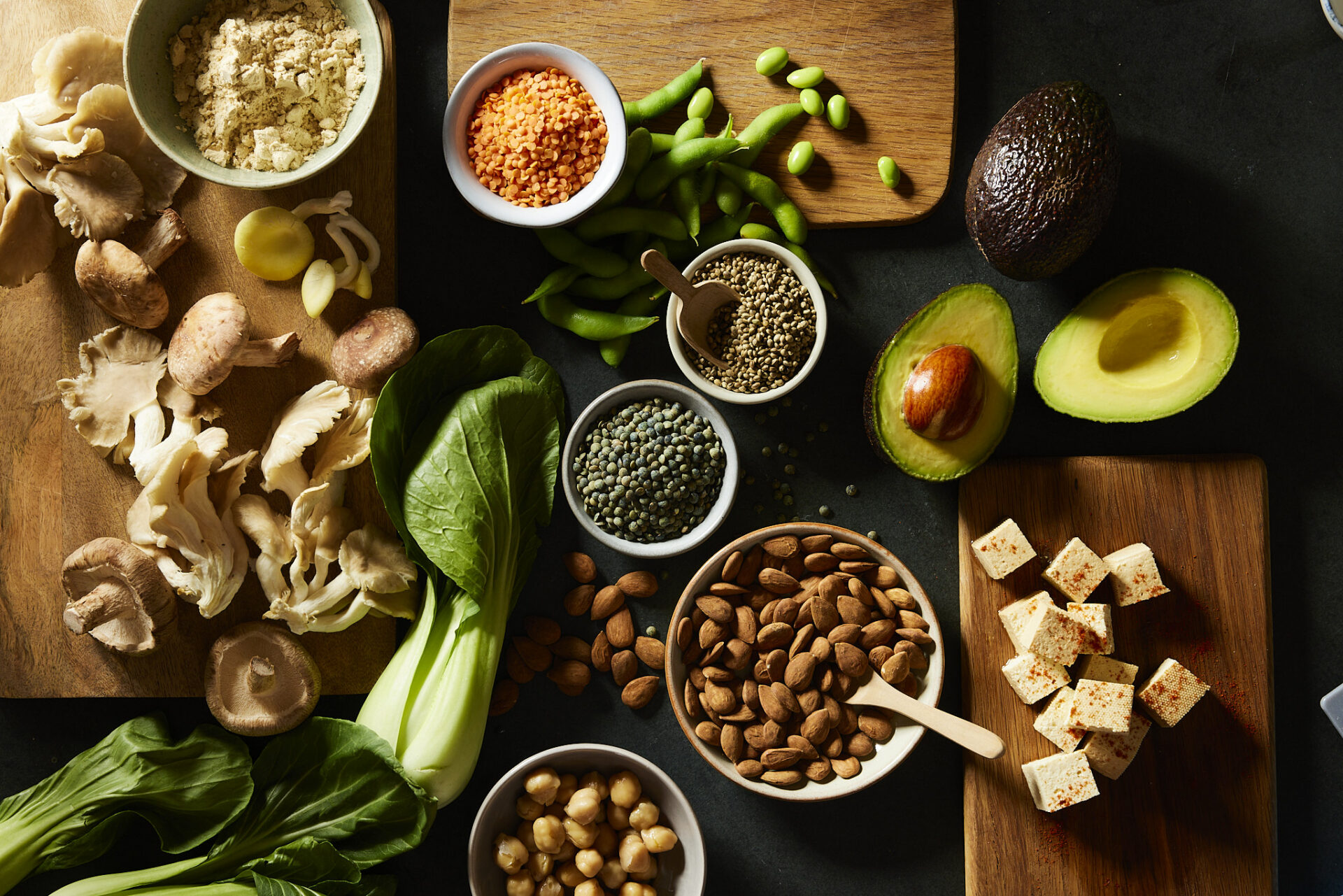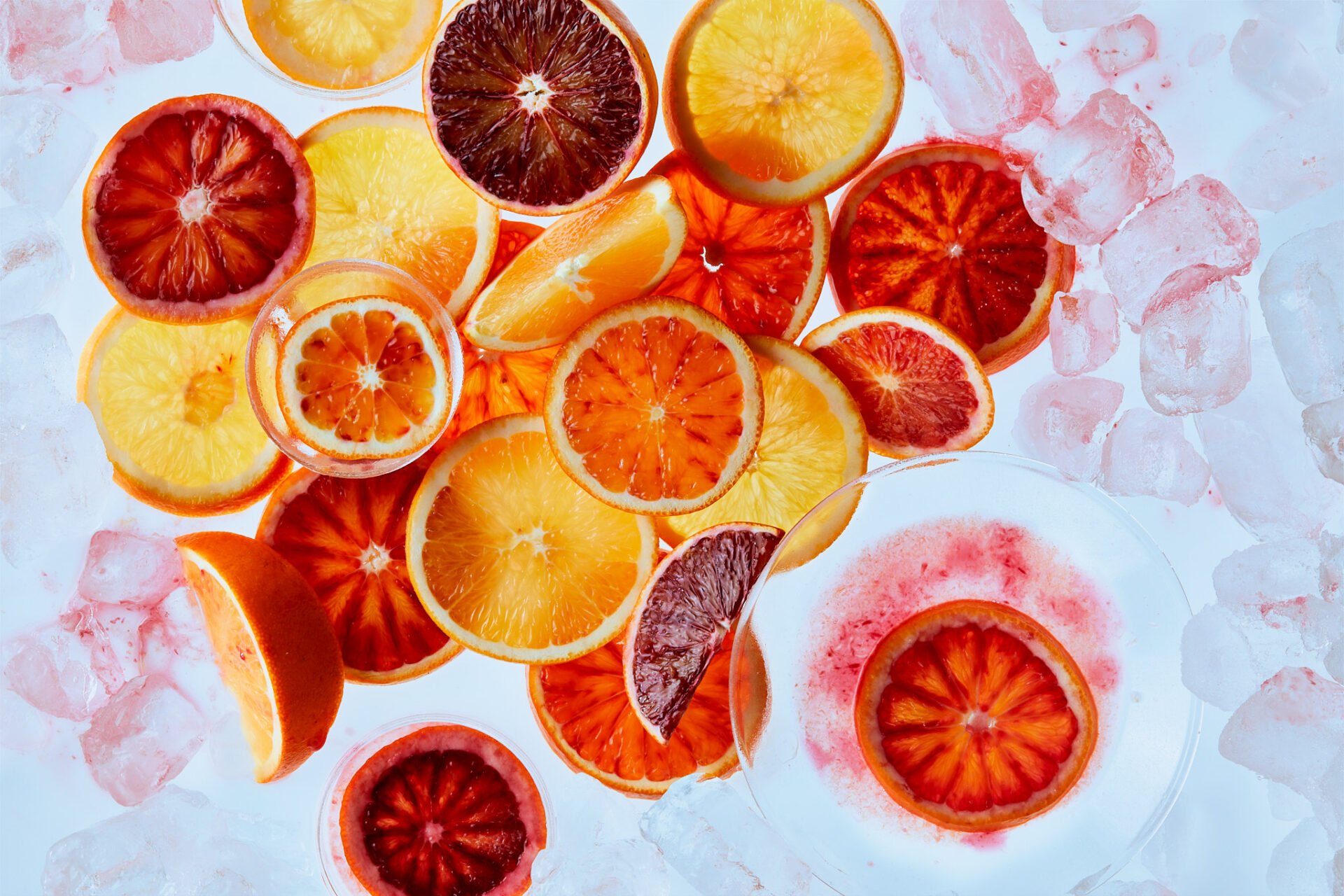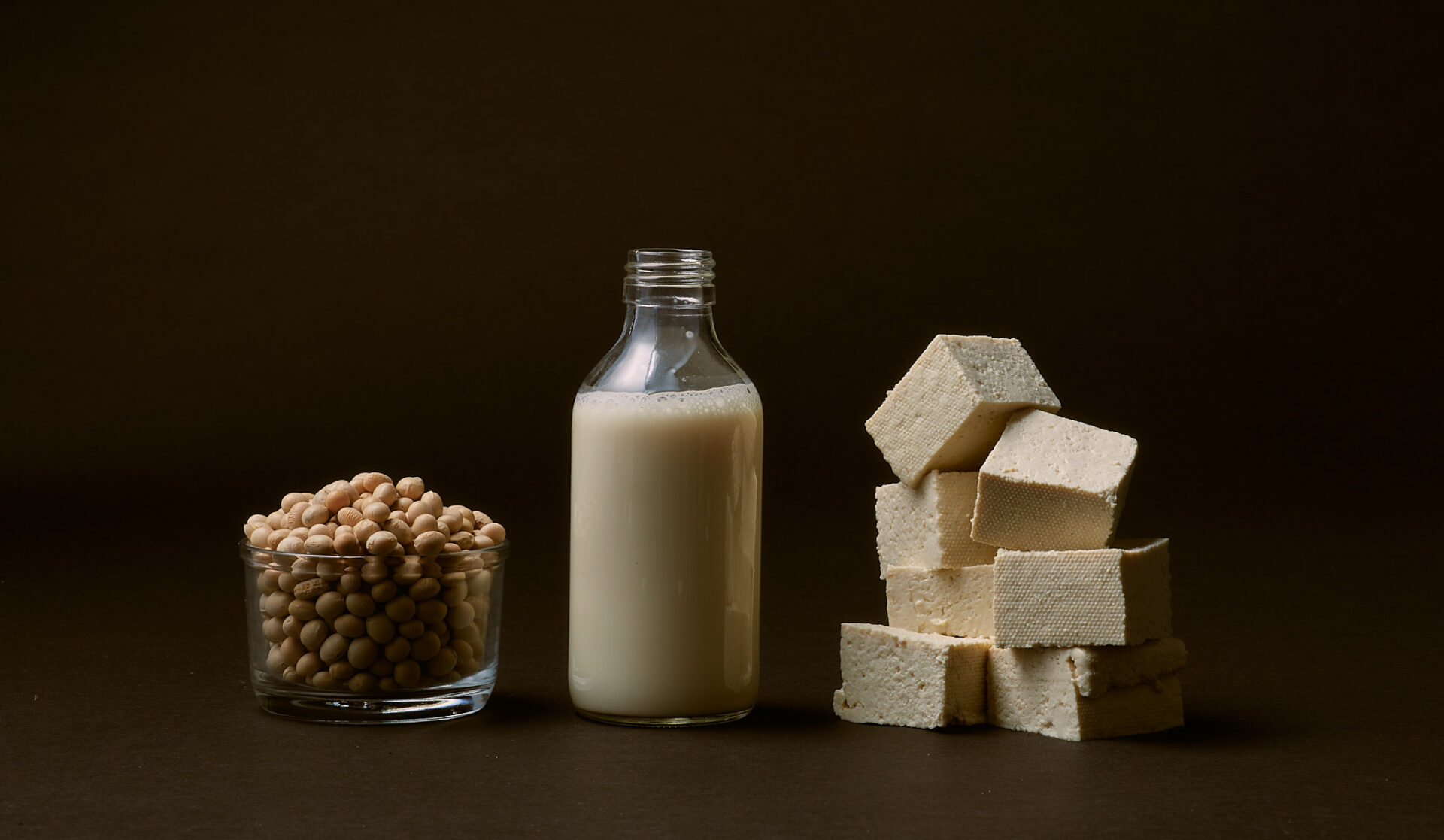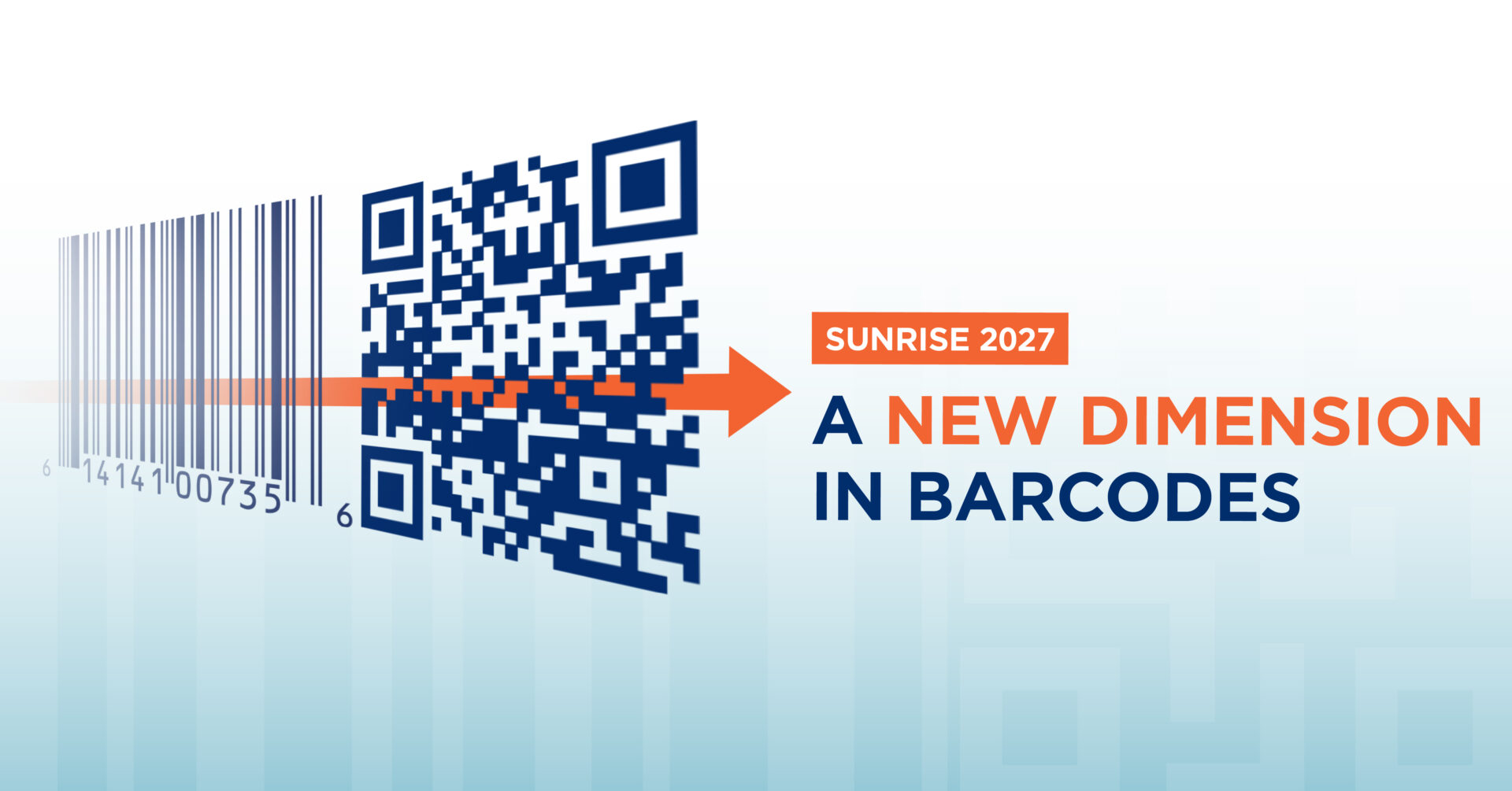YOU SAY YOU WANT A REVOLUTION: PLASTICS IN A POST-COVID WORLD
COVID-19 triggered a global surge in plastics consumption… can we work together to undo the damage caused? Phil Jones, US VP of Client Engagement, shares his views.
After more than 60 years travelling a very linear trajectory, the relationship we have with plastics – the wunderkind of substrates – is finally beginning to evolve into something much more circular.
Signs of a coming “revolution” in plastics appear to be everywhere…to begin with there are so many sustainability-related news on the online platform Plastics Today, it has set up a curated feed of Twitter posts, generating a continuous flow of announcements from companies talking up their commitments, partnerships, investments and achievements.
Global brands and start-ups alike are driving forward with plastic reduction initiatives – from PepsiCo Europe announcing it will use 100% rPET in its beverage bottles by the end of 2021 in Germany and in GB by the end of 2022 to probiotics brand Seed Health claiming success in establishing a virtue-driven subscription-based refillable packaging system.
And while vague and unfulfilled sustainability commitments are still common, the feel in the room suddenly seems different. CPG players in particular appear to be gaining confidence commensurate with tangible additions to sustainability infrastructure. With every recycling plant built and scientific breakthrough published, their statements are getting bolder.
An example of this phenomenon was seen last month when PureCycle announced it had secured bond funding and would soon break ground on a new commercial-scale recycling plant in Ironton, Ohio, designed to produce over 105 million pounds of ultra-pure “virgin-like” recycled PP (UPRP) per year. The recycling process, developed by P&G, removes color, odor, and other contaminants from recycled feedstock. It has the capacity to “revolutionize the plastics recycling industry”, says P&G’s innovation team.
It’s a step in the right direction for those who lament the almost 6.3 billion metric tonnes of plastic waste created by humankind (only 9% of which has been recycled). However, there is a long road ahead to make recycling plastics commercially viable on a global scale. Not only is the availability of post-consumer plastic dependent upon human behaviour, there are seven main types of plastics and wide variation in kerbside recycling, dependent upon country, region and county. Brands, reluctant to pay more for second-hand than for virgin plastics, will also be swayed by the fact that virgin plastic is now at its cheapest price in years, driven down by the COVID-induced oil price plunge.
Brands need a reliable, cost-efficient stream of recycled plastic, as companies deal with ongoing uncertainty around rising costs, supply chain interruptions and potential food shortages due to COVID-related issues.
Waste stream experts rightfully point out that the best way to reduce plastics is not to depend totally on post-consumer recycling, but to mindfully reduce the consumption of plastics in the first place. Scaling down the overall use of single use plastics, they argue, is far more effective at reducing overall environmental impact than focusing on recycling. Luckily, progress is being made here too.
In October, Coca-Cola unveiled the first-generation prototype of a new paper bottle. Recent developments in translucent food barriers to replace plastic windows and ease post-consumer recycling have received media attention, and this has been lauded alongside news of self-destructing bioplastics. In this new plastic-free world, CPG goods won’t just come stamped with a “use by” date, the packaging will come with its own “recycle by” date too.
Innovation is one thing. Adoption is another. To ensure the CPG industries make demonstrable progress, legislation is being enacted, creating a more urgent countdown. The European Commission recently refused to back down on the deadline it set to ban single-use plastics such as cutlery, beverage cups, balloon sticks, straws and cotton bud sticks. Meanwhile, a tax levied on all products whose plastic packaging does not contain at least 30% recycled material will take effect from April 2022 in the UK. In the US, the incoming administration’s appointment of John Kerry to climate envoy suggests there will be a robust focus on the environment over the next four years.
Another exciting tech advancement – one that permits automated sorting of plastic packaging – is Digimarc digital Barcode, a hidden mark also known as a digital watermark.
In addition to enabling “smart sorting”, a further advantage of the technology is that it can be extended over the entire label surface in a way that does not interfere with its design. Improving the efficiency of plastic packaging sortation at waste facilities, argues Digimarc, will help to raise the quality of the recycled material while reducing the amount of plastic sent to landfill.
Intent on revolutionizing plastics recycling through its HolyGrail 2.0 project, Digimarc is working with retailers and consumer brands to help them prepare for a future in which “smart sorting” is standard at post-consumer facilities worldwide. Having already signed the New Plastics Economy Global Commitment of the Ellen MacArthur Foundation, Digimarc is leading the way forward on digital watermarking technology, which has garnered ongoing interest from major brand owners across the globe including PepsiCo, Mondelēz, and Nestlé, as well as industry associations such as AIM, the European Brands Association.
Thus the most immediate challenges for the packaging industry will be staying informed of leading-edge innovations and their efficacy, choose most appropriate sustainability solutions which will satisfy their objectives and cost requirements and ensuring they plan well ahead of coming legislative changes.
In doing so, brands will also be able to demonstrate their can-do attitude and begin to deliver the meaningful solutions which stand to reassure consumers alarmed by the plastics binge of the COVID-era. The hangover we face as we count up the single-use masks, gloves, pocket-sized hand sanitizer bottles and PPE, will be enormous, but it will also help us to sharpen our awareness of plastics overuse and drive individuals at all points of the supply chain to support, fund and adopt new ways of thinking. We all have our part to play in the revolution.
